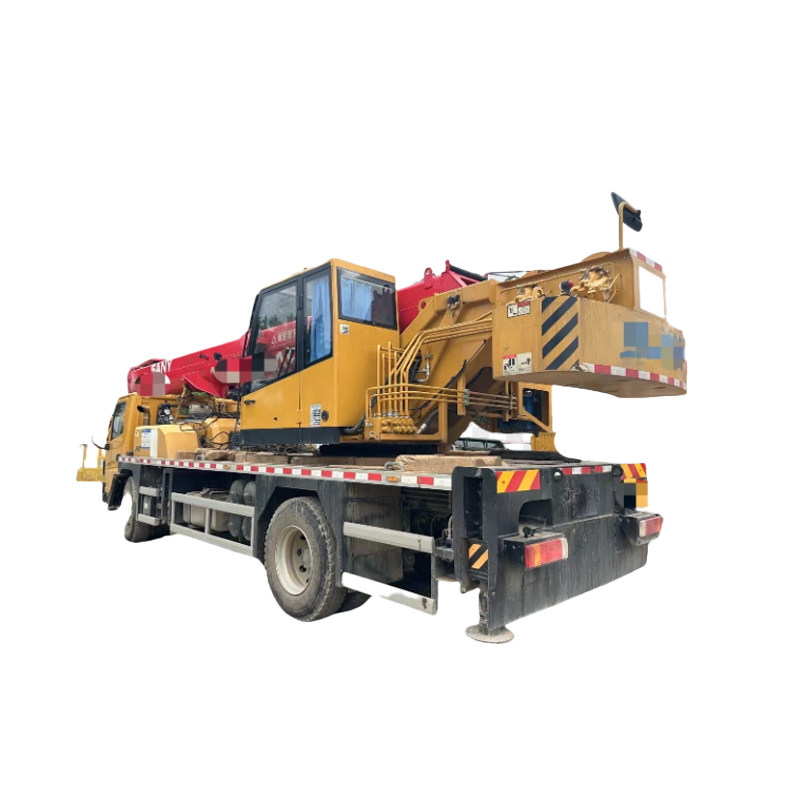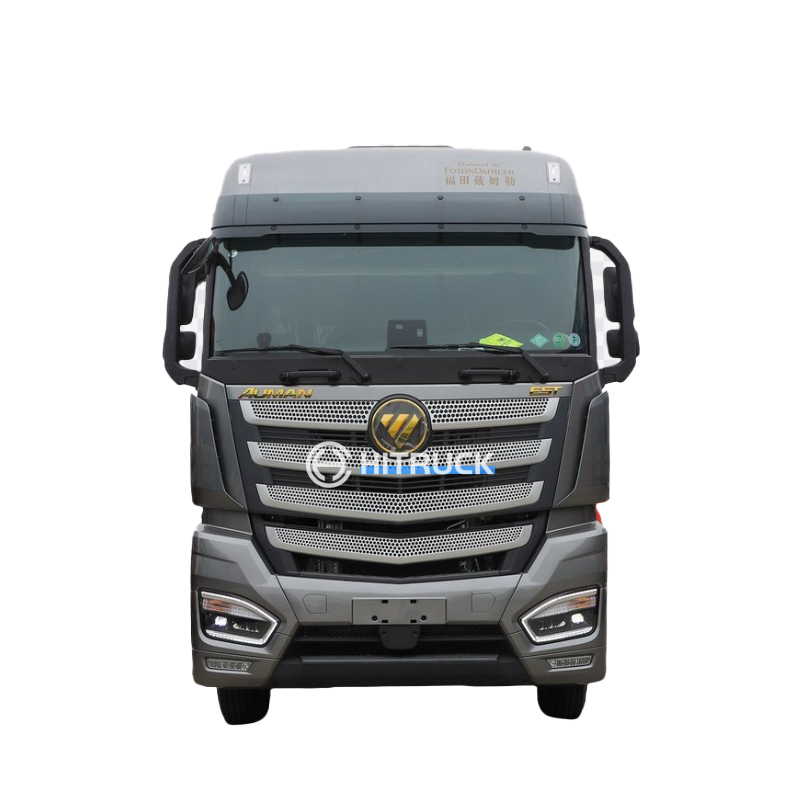This guide provides a detailed overview of hydraulic floor cranes, covering their types, applications, advantages, disadvantages, safety considerations, and selection criteria. Learn how to choose the right hydraulic floor crane for your specific needs and ensure safe operation.
A hydraulic floor crane is a type of lifting equipment that utilizes hydraulic power to lift and move heavy loads. Unlike other types of cranes, hydraulic floor cranes are typically mobile and self-contained, making them ideal for various applications where portability and maneuverability are essential. They are designed for indoor use and often feature a compact footprint, allowing for operation in tight spaces. Many models feature a swiveling boom for increased reach and flexibility.
Hydraulic floor cranes come in various configurations, including:
Selecting the appropriate hydraulic floor crane involves careful consideration of several factors:
It is crucial to always operate a hydraulic floor crane within its rated capacity. Exceeding the capacity can lead to equipment damage, injury, or even death. Regular inspection and maintenance are vital to ensure safe operation. Always consult the manufacturer's instructions for proper operation and safety procedures.
Hydraulic floor cranes are used in a wide range of industries and applications, including:
Their versatility makes them suitable for lifting and moving heavy equipment, machinery components, and other materials in various settings.
Regular maintenance is crucial for the longevity and safe operation of a hydraulic floor crane. This includes checking hydraulic fluid levels, inspecting hoses and fittings for leaks, and lubricating moving parts. A well-maintained crane is less likely to experience malfunctions and ensures optimal performance. Always refer to the manufacturer’s manual for specific maintenance schedules and procedures.
Always adhere to all safety regulations and guidelines when operating a hydraulic floor crane. This includes wearing appropriate personal protective equipment (PPE) such as safety glasses and gloves, ensuring the area is clear of obstructions, and never exceeding the crane's rated capacity. Proper training is essential for safe operation.
For high-quality hydraulic floor cranes and other material handling equipment, consider exploring reputable suppliers like Suizhou Haicang Automobile sales Co., LTD. They offer a wide selection of products to meet diverse needs and applications. Remember to always carefully compare features, specifications, and pricing before making a purchase.
This comprehensive guide aims to provide you with a detailed understanding of hydraulic floor cranes. If you have any questions or need further assistance, please consult with a qualified material handling professional.












